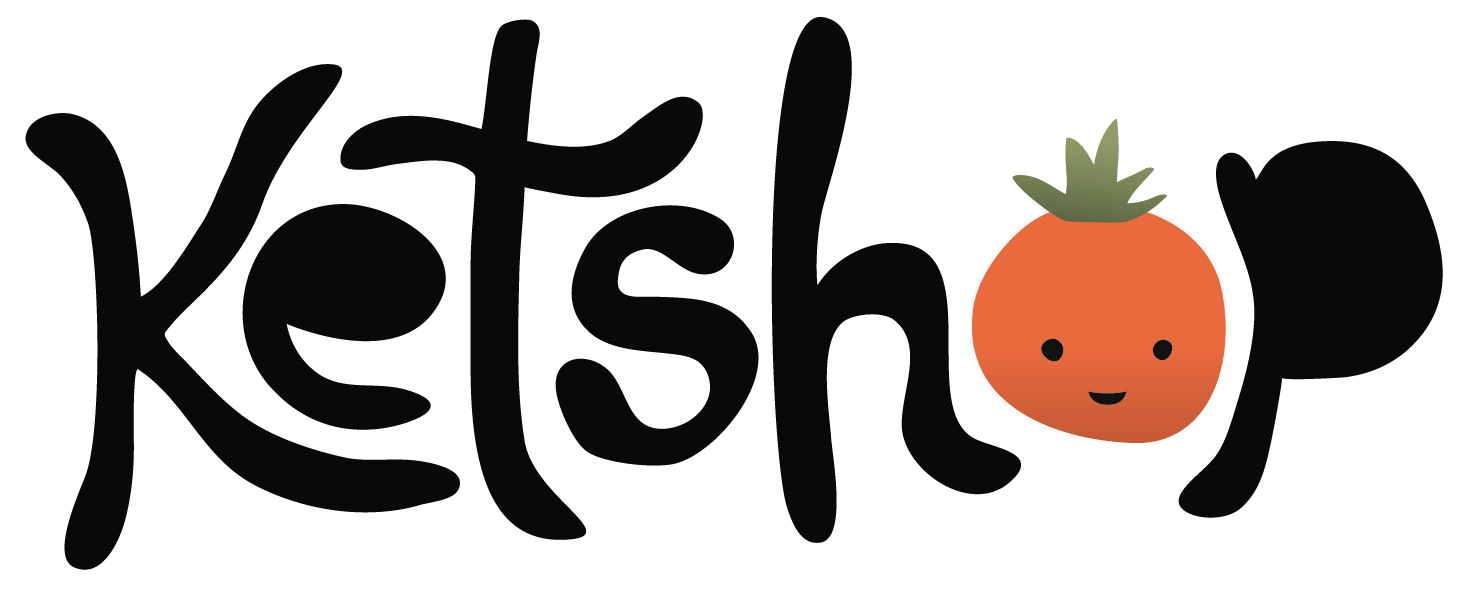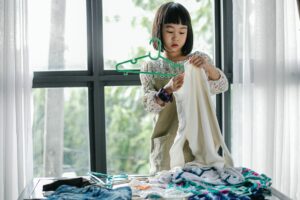Pop quiz! Which of the following would you most like to eat:
- a smoothie
- a slice of peach pie
- avocado toast
- a chocolate croissant
- a bowl of ramen
- a slice of pizza
- a chocolate chip cookie
It may have taken you a moment to decide, and maybe you aren’t so sure about your choice. Let’s try again. Would you rather have:
- a slice of pizza
- a chocolate chip cookie
I’m willing to bet that second time was easier. Right?
Now, pretend you and your child must agree on a treat to share. Would you rather pick from the first group, or the second?
Time and time again, we’ve seen studies showing that choice overload is real: more isn’t always better. Perhaps you’ve heard of the infamous jam experiment, which indicated that more jam samples at a grocery store led to fewer sales and lower customer satisfaction.
More recently, Michal Maimaran from Northwestern University showed that choice overload affects children as well. In fact, the more options you give your child, the less they actually engage with their final choice. Maimaran suspects that the act of choosing is an activity unto itself, sapping mental resources. When a decision is finally reached, the child has less energy to play with the object itself.


We built Ketshop because we were seeing the effects of choice overload on our own children. Traditional shopping offers too many distractions – items that are inappropriate, unaffordable, or poor quality. Regardless, our kids still devoted time and energy looking at these products. Sometimes, we’d leave a store with a brand new toy, but they couldn’t stop talking about the giant space telescope they’d seen at the store. The fancy, out-of-reach toys diminished the pleasure from what they had in their hands.
Ketshop allows parents to “weed out” products that they don’t want in their home, then offer a more limited set of options to their kids. Children have the freedom to buy independently… and the satisfaction of knowing they picked the Very Best Thing. Using Ketshop, kids spend less time choosing, and more time playing.
TL;DR: When faced with an unlimited set of choices, we feel anxiety or remorse, making it very difficult to make a decision. We challenge you to offer fewer options, so your children can shop smarter, and feel happier with their choices.






